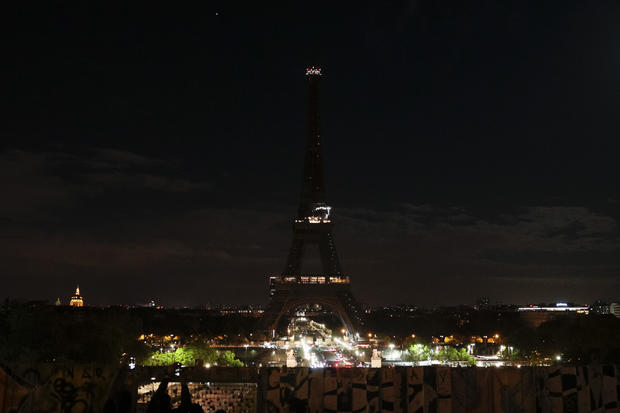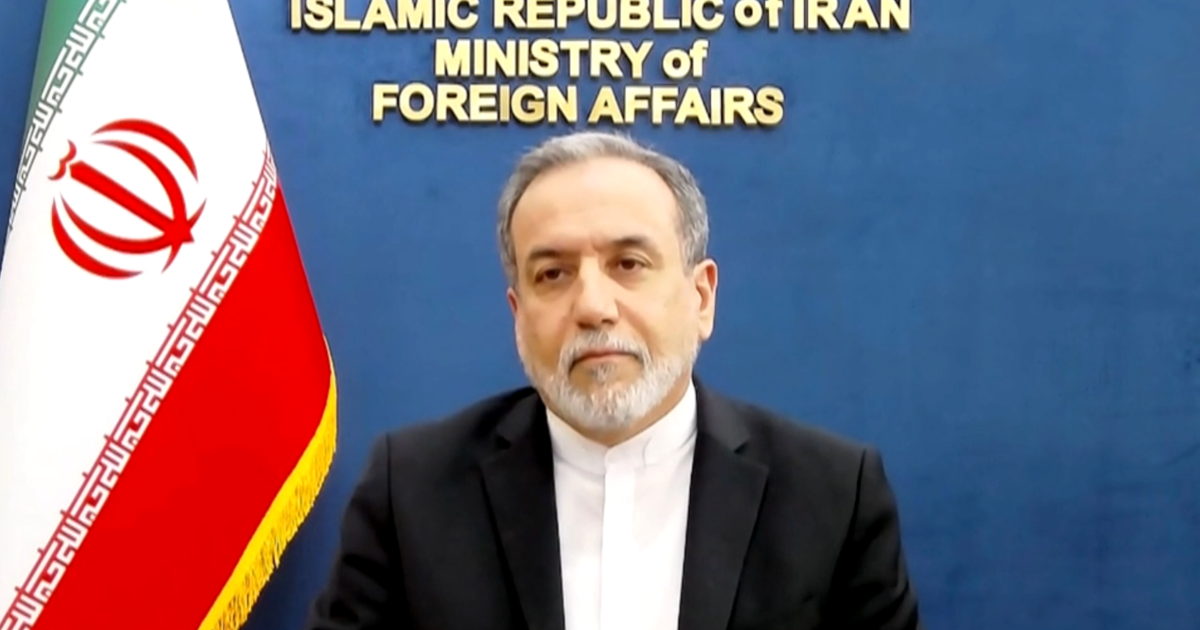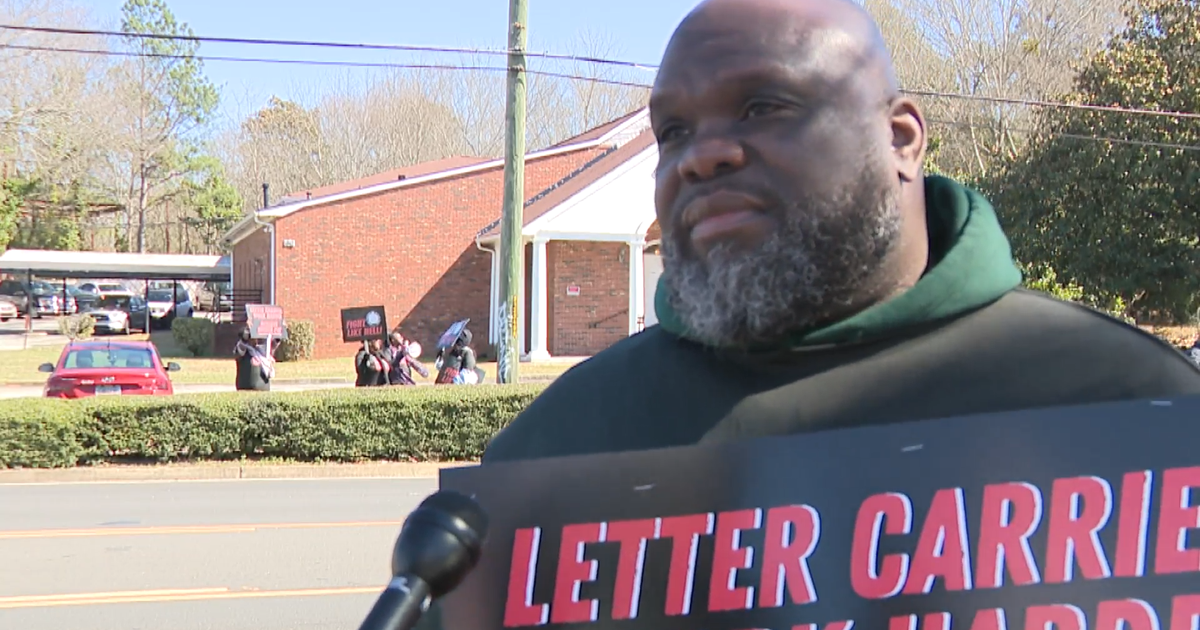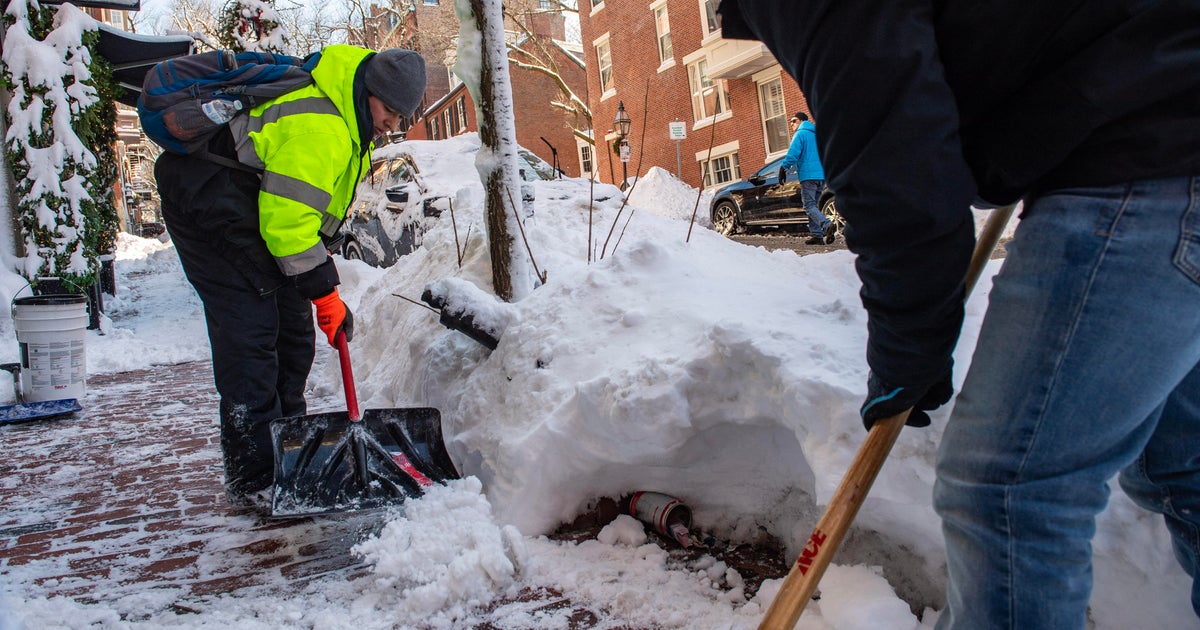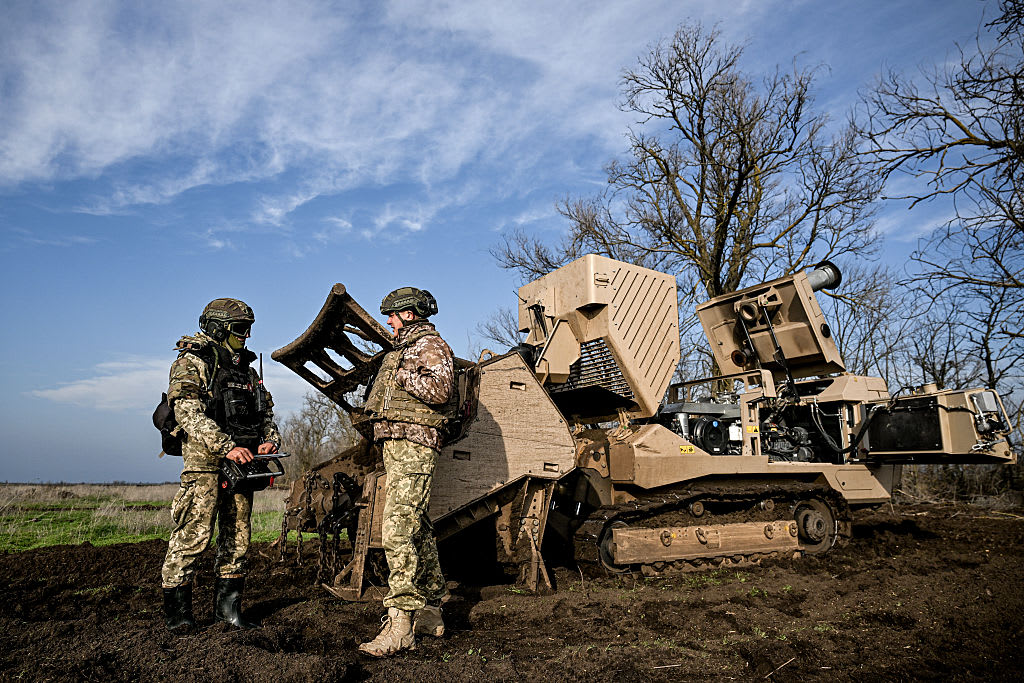Eiffel Tower to plunge into early darkness every night amid Europe's looming energy crisis
Every night, the Eiffel Tower lights up Paris' night sky, mesmerizing the hundreds who gather to see the more than 1,000-foot tower glisten in the moonlight. But the worst energy crisis since the '70s has hit amid the continent's hottest summer on record — and now, the iconic monument is going dark early.
Paris Mayor Anne Hidalgo announced the plan Tuesday, saying the city is aiming to save 10% of its energy consumption during the winter. As part of the plan, all of the city's municipal buildings will turn off their lights starting at 10 p.m., although public lighting will remain on for safety.
Beginning on Sept. 21, the Eiffel Tower, which is usually illuminated in golden hues within less than 10 minutes of nightfall and has an hourly 5-minute show of dazzling sparkles until 1 a.m., will have its lights turned off beginning at 11:45 p.m., when visiting time has ended. The nightly golden illumination makes up about 4% of the monument's annual energy expenses, according to its website.
In addition, the city will lower the temperature in public buildings from 19 degrees Celsius (66.2 degrees Fahrenheit) to 18 degrees Celsius (64.4 Fahrenheit), not including those that cater to vulnerable populations, such as nurseries and nursing homes, and heating in administrative buildings, not including social housing, will be delayed by a month. Swimming pools will also be a degree cooler.
The city said that it will also be cutting hot water to administrative buildings and some public buildings, again, not including those that cater to vulnerable populations.
Major Parisian consumers, including large-scale landlords, hotel chains, supermarkets, department stores and businesses, will also be asked to reduce their winter energy consumption by 10%.
The news comes as the city noted that Europe is experiencing an energy crisis described as "the worst since the 1970s." Energy prices at the end of August were €1,000 MWh, the city said — 12 times the price recorded at the same time last year.
"The need for energy sobriety and ecological transition is essential," the city said in the announcement of its energy-saving plans. "Faced with the risk of shortages, a national sobriety effort at all levels must be put in place."
French Prime Minister Elisabeth Borne announced at the end of August that companies in the nation would have to create energy-saving plans by the end of September as concerns worsened over power shortages and sharp cost increases because of the war in Ukraine. And at the beginning of the month, French President Emmanuel Macron called for the country as a whole to reduce 10% of its energy use to avoid energy rationing and cuts during the winter, according to the Associated Press.
According to Reuters, the European Union is also expected to announce new measures on Wednesday to reduce gas and power costs. The planned announcement comes after Russia said at the start of the month that it would not reopen the main Nord Stream 1 gas pipeline — an essential source of energy for European nations.
All of this happened as Europe experienced its hottest summer on record. The continent was plagued by months of extreme heat, drought and wildfires — each accentuating the other. A report from Europe's climate observation service last week found that recorded temperatures from June through August were 0.4 degrees Celsius warmer than 2021 and that August was the hottest on record.
